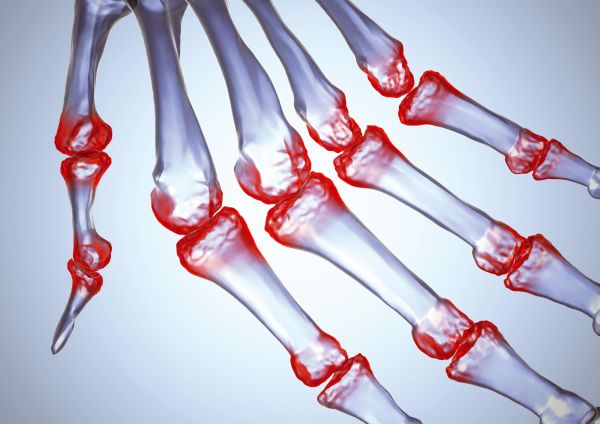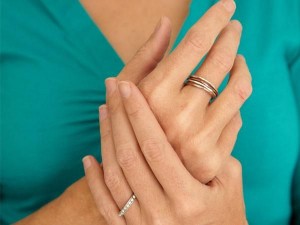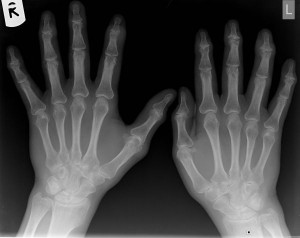Some people crack their knuckles by pulling the tip of each finger one at a time until they hear a crack. Others make a tight fist or bend their fingers backwards away from the hand, cracking the lot at once. If you are one of those people who sits and cracks your knuckles while others wince, at some point somebody is bound to have told you that cracking your joints gives you arthritis. There is no compelling scientific evidence that cracking your knuckles causes arthritis. But a long-standing habit could affect joint function down the road.
What exactly happens when you crack your knuckles?
A joint is the point at which two (or more) bones meet. Ligaments connect the bones to one another, and a joint capsule surrounds the whole thing. It is filled with a natural lubricant called synovial fluid that helps the joint move smoothly. When you make the motion to crack your knuckles, the joint is pulled apart, expanding the capsule. This decreases the pressure inside the capsule, forcing gasses dissolved in the synovial fluid to release into the space to equalize it. That rush of gas causes the pop sound which so satisfying to you and so annoying to everyone else in the room. It’s like popping the top on a can of soda.
Once the joints have been cracked they can’t be cracked again for about fifteen minutes. This gives the space in the joint time to return to its normal size and for more gases to dissolve in the fluid, ready to form bubbles which can then pop all over again. Taking an engineering approach, cracking the knuckles repeatedly over many decades could in theory damage the cartilage covering the joint. Comparisons have even been made with the mechanical wear and tear occurred over time by ship’s propellers, but the evidence that the same is happening in people’s hands is thin.
It’s true that people who already have arthritis sometimes find their joints crack because the cartilage of the surface of the joints has been damaged. However it is unusual for this to be the first symptom and it seems more likely to be a consequence of damage, rather than a cause. The risk factors of arthritis that have been established are age, a family history of the condition, and previous accidents with hand, or a lifetime of working with your hands doing heavy labor.










